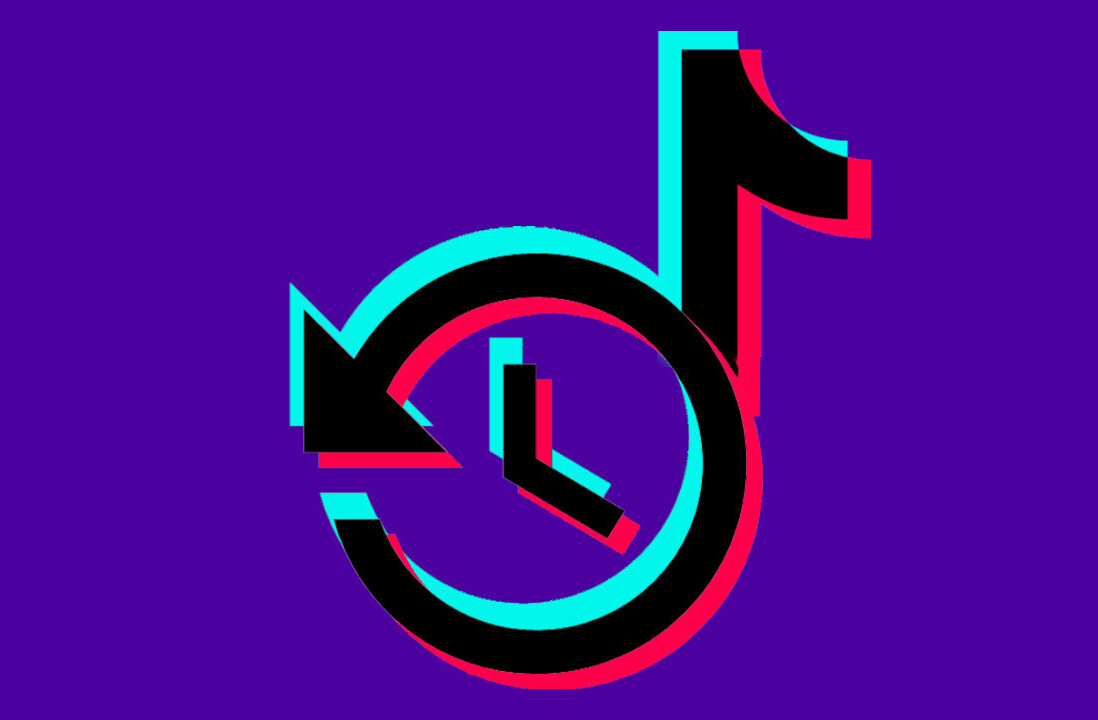
Android is all about customizability and being able to do whatever you want with your device, while iOS is much more locked down. Yet when it comes to third-party browsers, iOS users are more likely to install and use them than Android users are.
The new finding comes from Chitika, which analyzed US and Canadian Web traffic (hundreds of millions of online impressions from its ad network) between August 28 and September 4. The firm says this is a large enough sample size “to accurately represent the Web browser share distribution among Apple (iOS) and Android devices.”

As you can see in the two pie charts above, the vast majority of users stick with their default browsers: 85.03 percent of iOS users and 91.26 percent of Android users. That being said, Apple users are more likely to ditch Safari than Google users are likely to ditch the stock Android browser.
How can this be? One would assume that Android users are more likely to try alternatives and fall in love with them. There are a few possibilities. Some would argue that Safari sucks and the Android stock browser is simply superior, so Google users simply don’t need to look at alternatives like Apple users do.
On the other hand, the argument can be that those who are most likely to use third-party browsers (those who upgrade their OS more) are simply happy with Chrome, which replaces the stock browser in Android 4.1 (Jelly Bean). Yet very few people, some 1.2 percent, are on Jelly Bean, according to the latest market share data.
My colleague Matthew Panzarino thinks the question can be answered much more simply. He argues that Android apps are frankly worse than their iOS counterparts, including third-party browsers. Therefore, there is more choice on iOS, and the choice that is there is superior.
Chitika’s data seems to support this. Apple users are more likely to choose something other than Chrome. On Android devices, the mainstream alternative browsers (Chrome, Firefox, and Opera) make up the majority of used third-party browsers while on iOS, many less-known but exclusively mobile browsers (Dolphin, Atomic , Mercury, and so on) are used.
If you’re an Android user or an iOS user, please chime in with your experience.
Image credit: stock.xchng
Get the TNW newsletter
Get the most important tech news in your inbox each week.




